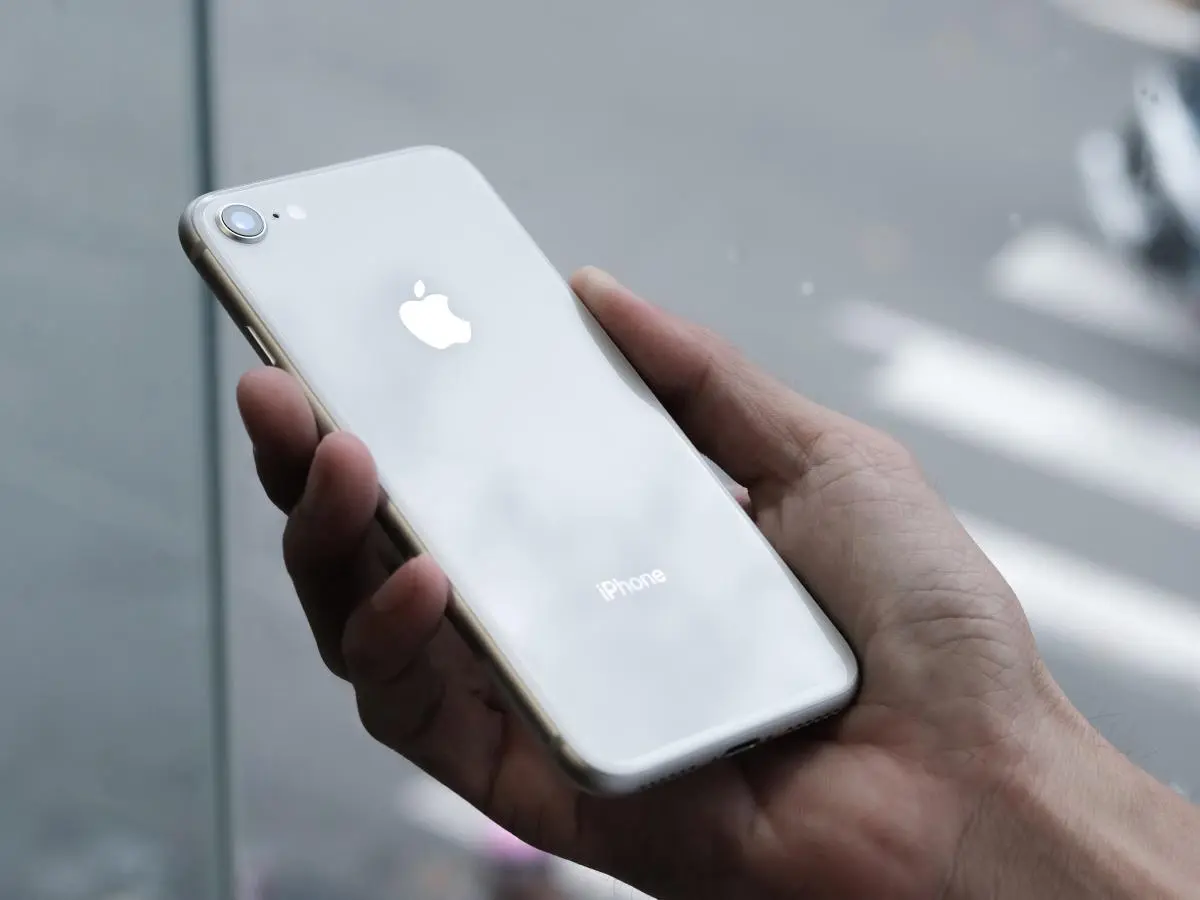iOS 18.4.1 addresses critical security vulnerabilities and a wireless CarPlay issue. However, user reports of bricked devices raise concerns for iPhone users.
iOS 18.4.1
Released on April 16, iOS 18.4.1 is a minor update for iPhone and iPad. It focuses on security enhancements and a specific CarPlay bug fix.
Compatible with iPhone XS and later, plus various iPad models. Users can update via Settings > General > Software Update or iTunes/Finder.
Security Enhancements
The update patches two zero-day vulnerabilities actively exploited in attacks. These fixes are vital for high-risk users like executives or politicians.
CoreAudio (CVE-31200): Malicious media files could enable code execution. Apple fixed this with improved bounds checking.
RPAC (CVE-31201): Attackers could bypass Pointer Authentication. The vulnerable code was removed to address this.
Both issues were part of sophisticated attacks targeting specific individuals. The U.S. Cybersecurity Agency urged updates by May 8.
CarPlay Bug Fix
iOS 18.4.1 resolves a wireless CarPlay connectivity issue in certain vehicles. Users reported problems like dropped connections and Music app glitches.
Affected carmakers included Honda, Mazda, Audi, and Ford. The fix ensures stable wireless CarPlay functionality for impacted users.
Known Issues with iOS 18.4.1
Despite its benefits, iOS 18.4.1 has sparked controversy due to reported issues. Some users face severe problems post-update.
Device Bricking
Certain iPhones, especially iPhone 15 Pro and 16 models, are reportedly bricked. This means devices become unusable, failing to boot.
The issue may involve IMEI number loss, preventing cell service connection. Some users couldn’t restore devices even at Apple service centers.
Sudden Shutdowns and Performance
Users report unexpected shutdowns, particularly when devices aren’t charging. Battery life and performance slowdowns are also noted.
One user stated their iPhone crashed within five minutes of use. These issues vary across devices and aren’t universal.
Installation Challenges
Older models like the iPhone 11 face difficulties during installation. Some users needed multiple attempts or alternative methods like iTunes.
Persistent issues from prior versions, like iCloud storage errors, remain. Messages not deleting from servers also frustrate users.
Should You Update to iOS 18.4.1?

The update’s security fixes are critical for high-risk individuals. However, the risk of bricking devices complicates the decision for others.
High-Risk Users
Those targeted by sophisticated attacks should update immediately. Always back up your device to iCloud or a computer first.
The zero-day vulnerabilities pose significant threats to executives or public figures. Delaying could expose sensitive data.
Average Users
Most users face low risk from these specific exploits. Waiting for Apple to address bricking issues may be safer.
Monitor Apple’s official channels for updates or patches. Ensure your device is backed up before any update attempt.
Troubleshooting Post-Update Issues
If problems arise after updating, try these steps. They may resolve common issues without professional help.
Force Restart
Press Volume Up, then Volume Down, and hold the Power button. Release when the Apple logo appears.
This can fix temporary glitches causing shutdowns or unresponsiveness. It’s a safe first step for most issues.
Check Battery Health
Go to Settings > Battery > Battery Health & Charging. Check Maximum Capacity to assess battery condition.
Low capacity may explain performance issues. Consider battery replacement if below 80%.
Contact Apple Support
For bricked devices, contact Apple Support immediately. Visit an Apple Store if possible, though repairs aren’t guaranteed.
Provide detailed error descriptions to expedite service. Keep proof of purchase handy for warranty claims.
Technical Details and Compatibility
iOS 18.4.1 supports iPhone XS, XR, and later models. iPads include Pro 13-inch, Pro 12.9-inch (3rd gen+), and others.
Update size varies by device, typically under 500 MB. Ensure sufficient storage and a stable Wi-Fi connection.
Installation via iTunes or Finder is recommended for persistent errors. Connect your device to a computer for this method.
Why the Controversy?
The update’s security benefits clash with its risks. Bricking reports, especially for newer iPhones, have alarmed users.
Apple hasn’t officially acknowledged the bricking issue. This lack of clarity fuels hesitation among users considering the update.
Security experts note the exploits target high-profile users, not the average person. This suggests most can delay updating safely.
Recommendations for Safe Updating
Back up your device to iCloud or a computer before updating. This ensures data recovery if issues occur.
Check forums like Apple Community for user experiences. Recent posts can highlight ongoing issues or solutions.
Update during off-peak hours to avoid server overload. A stable power source prevents interruptions during installation.
Future Expectations
Apple may release a follow-up patch if bricking reports escalate. Monitor official Apple Support for announcements.
iOS 18.5, expected later, may address broader issues from iOS 18.4. Stay informed through trusted tech news sources.
Conclusion
iOS 18.4.1 offers critical security fixes and a CarPlay solution. Yet, risks like device bricking demand caution.
High-risk users should update after backing up. Others may wait for Apple to clarify or resolve reported issues.
Always prioritize data backups and monitor official updates. This balances security needs with device stability concerns.

Leave a Reply